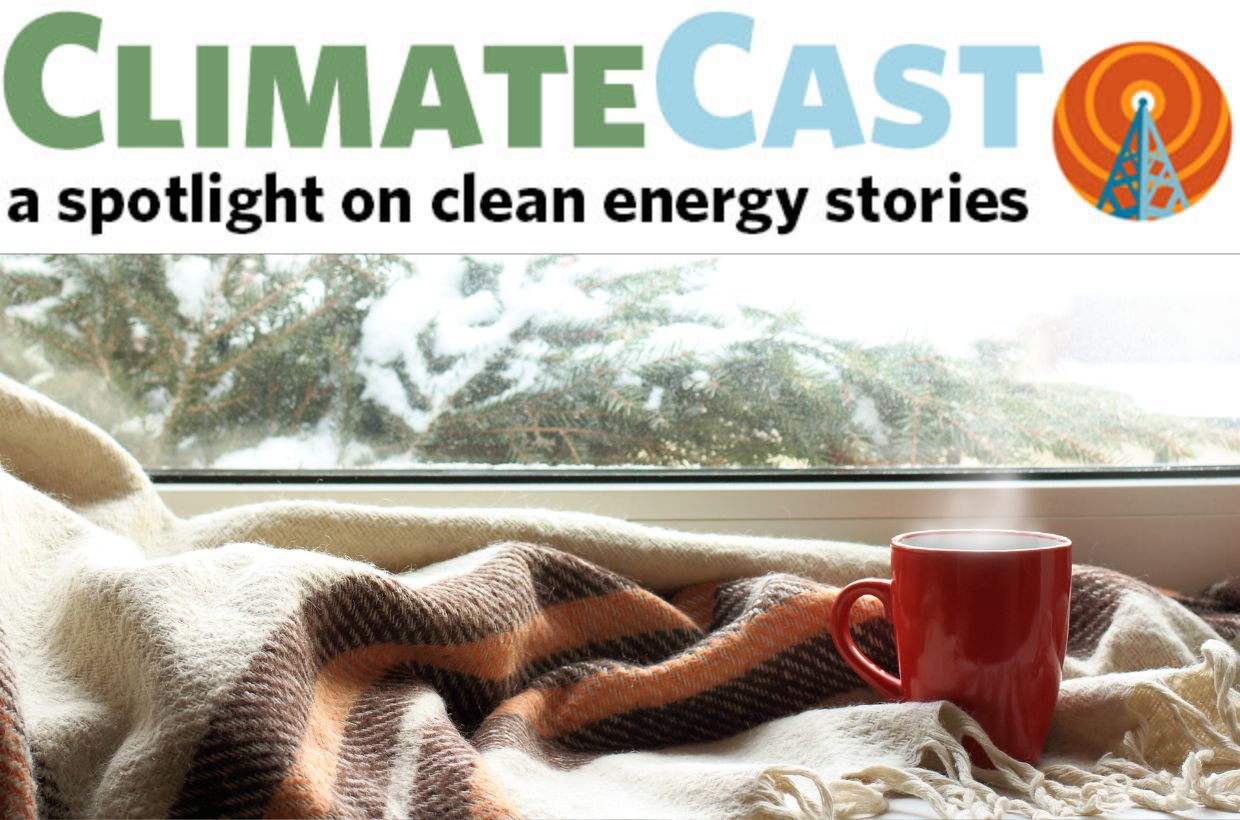
Heating and powering our homes and businesses generates a lot of our climate-changing pollution; our built environment is a major contributor to global warming. If our homes and buildings were carbon-free and energy efficient, we would significantly reduce our climate pollution, drastically cut energy costs for owners and renters, and improve air quality where we live and work.
For example, in both Oregon and Washington State, climate-worsening pollution from buildings are growing at a faster rate than any other source, with this increase largely attributable to the use of fossil gas in homes and buildings. Burning fossil gas in homes and buildings is not only a significant contributor to climate change, but also poses significant health risks for our communities, children, and other vulnerable populations.
Indoor air quality issues are particularly concentrated for low-income residents in smaller units with poor ventilation. Communities of color are already disproportionately impacted by outdoor air pollution, and should not continue to be disproportionately harmed by poor indoor air quality as well. Gas appliances also worsen our outdoor air quality. For example, California’s residential appliances releasing more than two times as many NOx emissions as all of their gas power plants combined, and commercial gas appliances releasing just as much NOx pollution as all of California’s cars.
States and many cities in the region and around the country are increasingly looking at ensuring all new buildings are electric as a key cost-effective pathway for achieving their local or state greenhouse emissions goals. Electrifying buildings is critical to addressing climate change, but it is also achievable, affordable, safe, and creates a more resilient energy system.
We are working with lawmakers and community partners to move rapidly toward electrifying our buildings for heating, cooling and cooking. We can also construct homes and buildings that get all their energy from sustainable sources, and even produce as much energy as they use — net zero energy buildings.
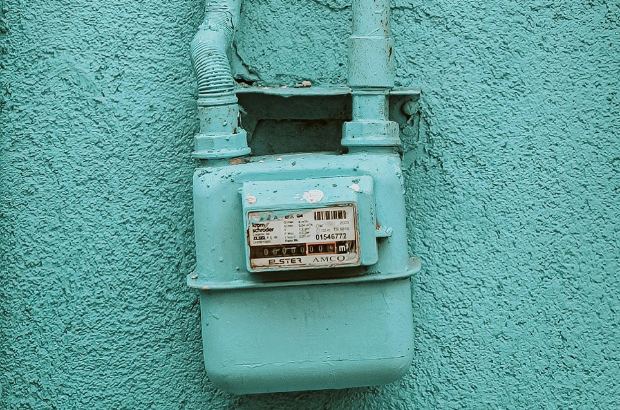
Tell Lawmakers: Regulate Dangerous Hydrogen/Gas Blending Project in Oregon!
We just found out that NW Natural, the state’s largest methane gas utility, has begun blending hydrogen into the gas system and delivering it to Oregonians’ homes and businesses without any public outreach or oversight. Burning hydrogen with methane in buildings increases exposure to health harms and increases safety risks while offering negligible emissions reductions.
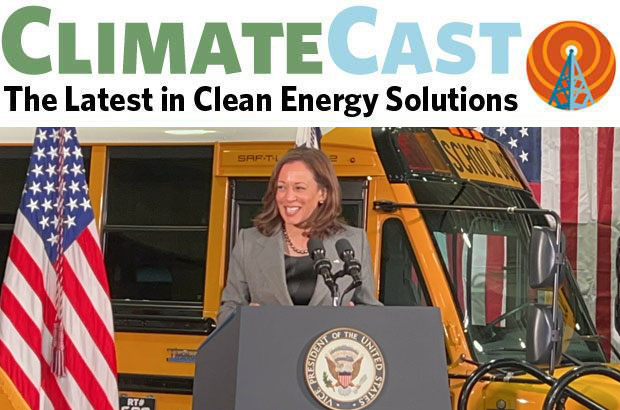
“The clock is no longer just ticking, it is banging”
What does Kamala Harris' candidacy mean for the future of American clean energy and climate action? Plus: checking in on the successes of the federal IRA and Washington State's Climate Commitment Act

Keeping cool with electric heat pumps
Amidst another extreme and record-breaking heat wave, affordable and energy-efficient cooling is essential for everyone. Electric heat pumps can make that happen.
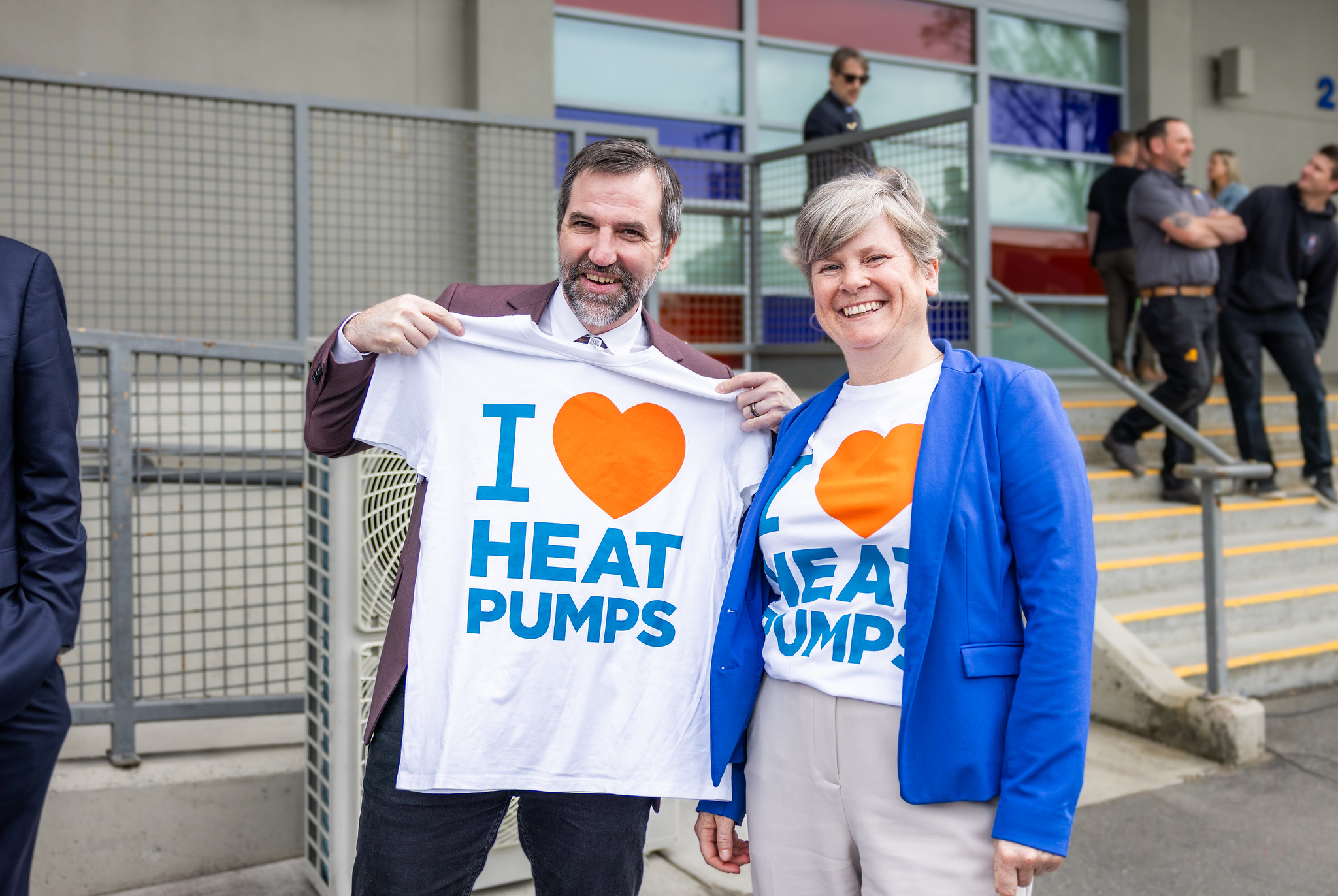
Oregon has big climate goals: heat pumps get us there
Heat pumps are an essential piece of the puzzle for meeting our climate and affordable housing goals. They both reduce climate emissions and provide long-term energy affordability for users.
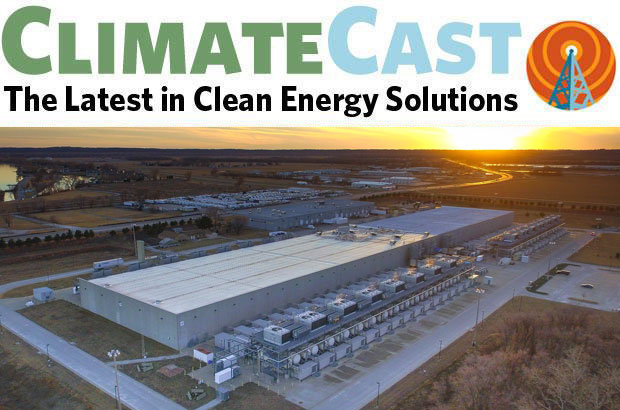
Massive data centers needn't be massive polluters
Amazon backs away from plan to keep Oregon data centers running on fossil fuels. Plus: widespread benefits for low-income households converting to clean energy homes; and two climate hawks become new heads of state
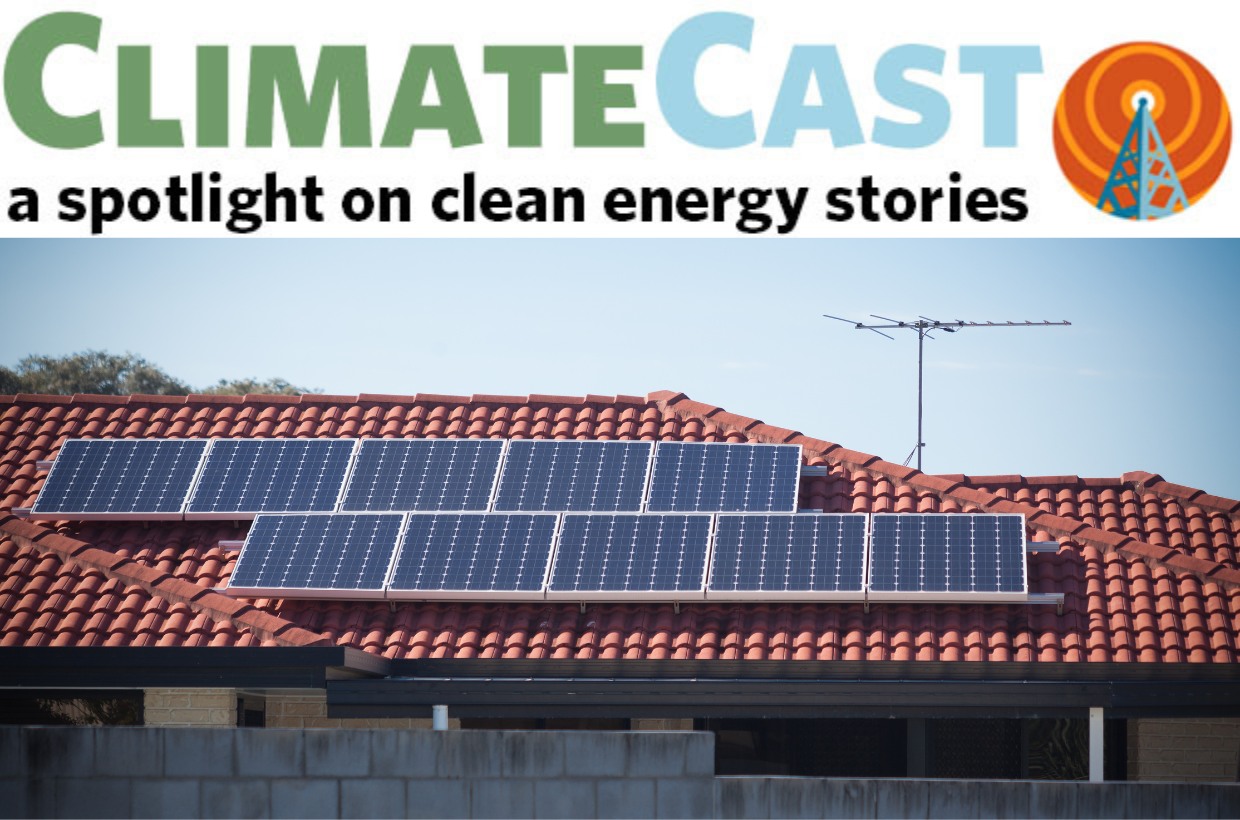
Solar accessibility to soar for Oregon’s lower-income households
The state of Oregon was recently awarded $86 million for rooftop solar projects for lower-income residents. The extra cool news: combined with existing federal and state solar incentive programs, this may bring the upfront costs of rooftop solar to nearly zero for many eligible households.
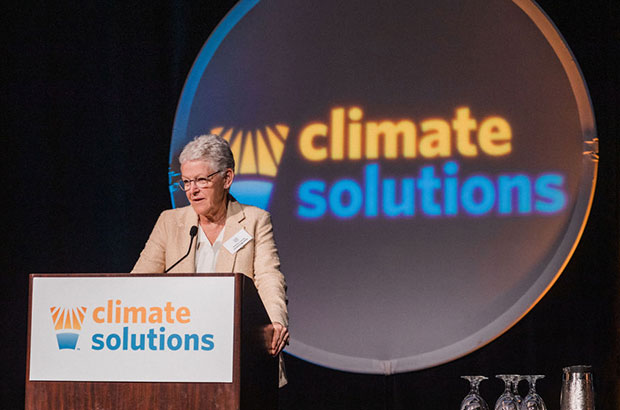
Let’s be brave now, so our children don’t have to be forced to be braver later.
Gina McCarthy, Gov. Jay Inslee and other climate champions raised the roof at our annual event in Seattle.
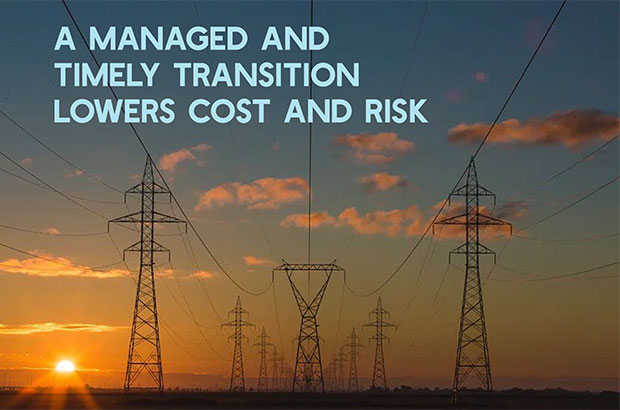
A Managed and Timely Transition for WA's Gas Utilities
This report from Synapse and Climate Solutions provides an analysis of options for Washington's methane gas utilities and their transition to clean energy.

Mixed Results from Oregon's 2024 Legislative Session
Here’s a quick rundown of what happened — and what didn’t happen — to make further progress on climate during Oregon's 2024 legislative session.
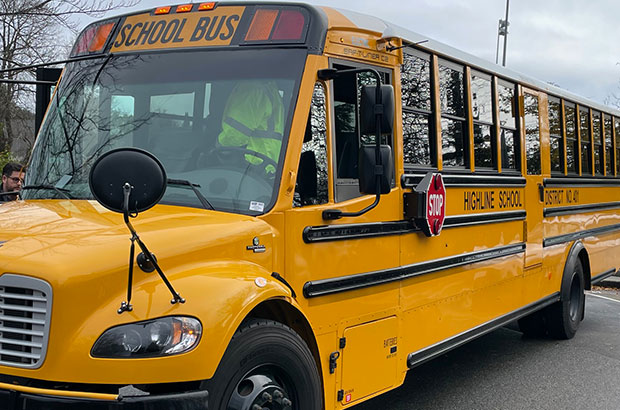
Winning on climate in WA: the importance of perseverance
We notched some clean energy victories in Olympia this year, but there's more work yet to do. And nothing is over until it's over.
